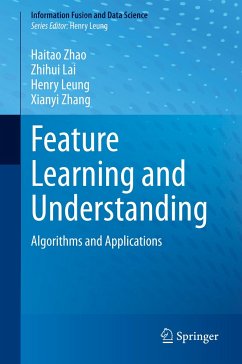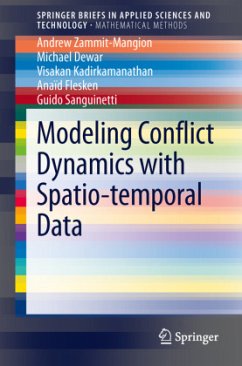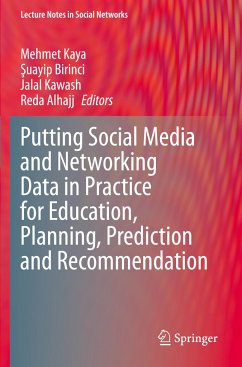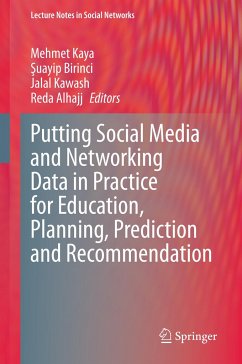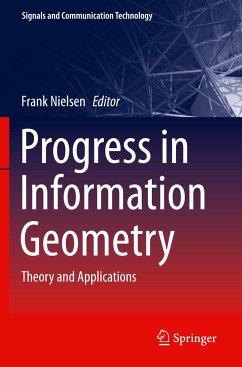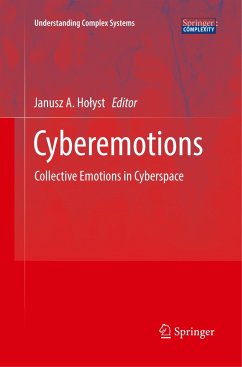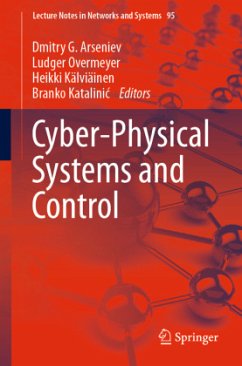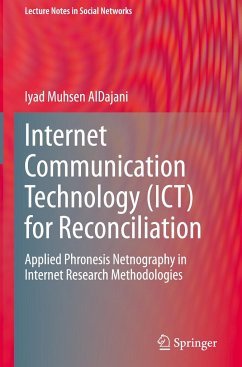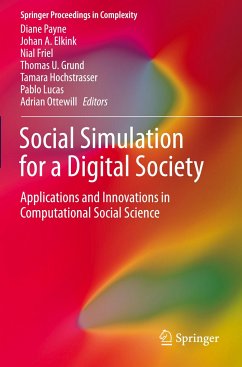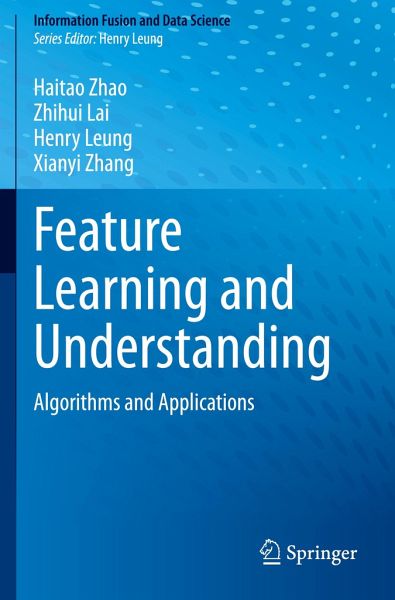
Feature Learning and Understanding
Algorithms and Applications
Versandkostenfrei!
Versandfertig in 6-10 Tagen
106,99 €
inkl. MwSt.
Weitere Ausgaben:

PAYBACK Punkte
53 °P sammeln!
This book covers the essential concepts and strategies within traditional and cutting-edge feature learning methods thru both theoretical analysis and case studies. Good features give good models and it is usually not classifiers but features that determine the effectiveness of a model. In this book, readers can find not only traditional feature learning methods, such as principal component analysis, linear discriminant analysis, and geometrical-structure-based methods, but also advanced feature learning methods, such as sparse learning, low-rank decomposition, tensor-based feature extraction,...
This book covers the essential concepts and strategies within traditional and cutting-edge feature learning methods thru both theoretical analysis and case studies. Good features give good models and it is usually not classifiers but features that determine the effectiveness of a model. In this book, readers can find not only traditional feature learning methods, such as principal component analysis, linear discriminant analysis, and geometrical-structure-based methods, but also advanced feature learning methods, such as sparse learning, low-rank decomposition, tensor-based feature extraction, and deep-learning-based feature learning. Each feature learning method has its own dedicated chapter that explains how it is theoretically derived and shows how it is implemented for real-world applications. Detailed illustrated figures are included for better understanding. This book can be used by students, researchers, and engineers looking for a reference guide for popular methods of feature learning and machine intelligence.





